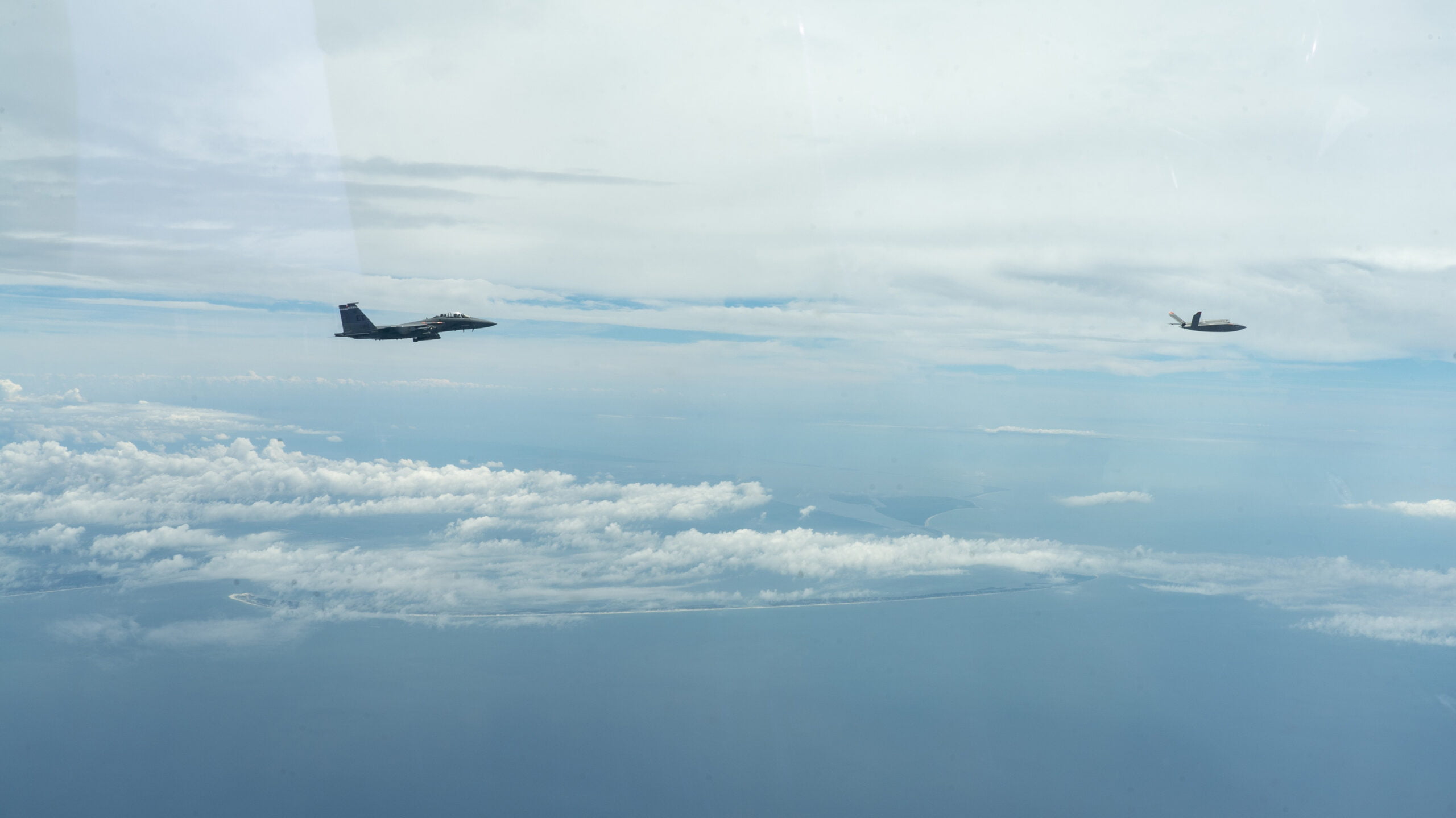AI drone test flight advances U.S. Air Force efforts in autonomous air combat

The Air Force Research Laboratory conducted a successful three-hour test flight of the XQ-58A Valkyrie drone piloted by AI, marking a significant step forward in autonomous air combat operations.
The US Air Force Research Laboratory (AFRL) has announced the successful completion of a test flight of the XQ-58A Valkyrie drone piloted by artificial intelligence (AI) software. The three-hour sortie took place on July 25 at the Eglin Test and Training Complex in Florida, following two years of collaboration between the AFRL and Skyborg Vanguard, a team focused on developing unmanned fighter aircraft.
“The mission proved out a multi-layer safety framework on an AI/ML-flown uncrewed aircraft and demonstrated an AI/ML agent solving a tactically relevant 'challenge problem' during airborne operations,” said Air Force Col. Tucker Hamilton, the service's head of AI Test and Operations. "This sortie officially enables the ability to develop AI/ML agents that will execute modern air-to-air and air-to-surface skills."
"AI will be a critical element to future warfighting"
The Autonomous Air Combat Operations team from the AFRL developed algorithms for the flight, which underwent millions of hours of maturation through simulations, test sorties with the X-62 VISTA experimental aircraft, working with the XQ-58A drone, and ground test operations.
Kratos Defense and Security Solutions produce the XQ-58A Valkyrie drone, which has previously played a key role in the Air Force's loyal wingmen research. The AFRL is responsible for the discovery, development, and integration of cost-effective warfighting technologies for the United States air, space, and cyberspace forces.
“AI will be a critical element to future warfighting and the speed at which we’re going to have to understand the operational picture and make decisions,” said Brig. Gen. Scott Cain, the lab's commander. “AI, Autonomous Operations, and Human-Machine Teaming continue to evolve at an unprecedented pace and we need the coordinated efforts of our government, academia, and industry partners to keep pace.”
China and U.S. test many different systems
The test-flight of the XQ-58A drone is not the only program - recently the AI-driven Skyborg system (ACS) has flown on a UTAP-22 Mako and a General Atomics Avenger, which was also used to test the "autonomy engine" developed under DARPA's Collaborative Operations in Denied Environment (CODE) program.
The autonomous aircraft developments by the U.S. military, which build on previous work dating back decades, are not exclusive: Other nations, like China, are actively incorporating AI capabilities into their air force.
AI News Without the Hype – Curated by Humans
As a THE DECODER subscriber, you get ad-free reading, our weekly AI newsletter, the exclusive "AI Radar" Frontier Report 6× per year, access to comments, and our complete archive.
Subscribe nowAI news without the hype
Curated by humans.
- Over 20 percent launch discount.
- Read without distractions – no Google ads.
- Access to comments and community discussions.
- Weekly AI newsletter.
- 6 times a year: “AI Radar” – deep dives on key AI topics.
- Up to 25 % off on KI Pro online events.
- Access to our full ten-year archive.
- Get the latest AI news from The Decoder.